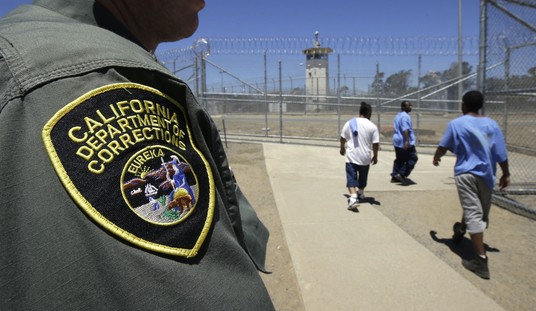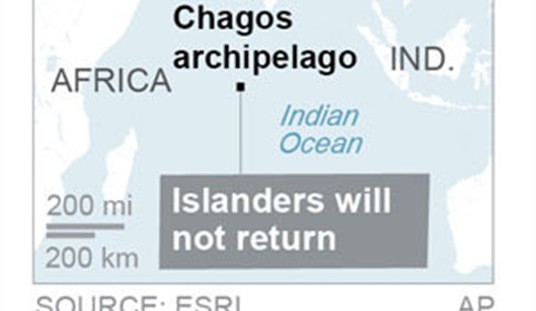The election is won for German Prime Minister Angela Merkel, which means that bailout-weary Germany — the country that happens to have financed the lion’s share of 240 billion euros in the aid pledged to Greece over the past several years — is going to stay strong on imposing austerity measures for the smaller country that finance ministers insist is doing somewhat better while still beleaguered with deep-seated fiscal and economic problems. The fact that yet another bailout has been in the cards for Greece, even if it is only a dozen billion euros or so, was a touchy subject in the run-up to the German election, but now the negotiations are back in gear. Via the WSJ:
Greece began talks with international inspectors on Sunday that will set the stage for a third multibillion-euro bailout of the country, even as senior officials in Athens pointed to signs of a recovery after years of deep recession. …
While the negotiations represent the latest round in the regular quarterly inspection visits that have accompanied Greece’s almost four-year-long debt crisis—and will decide on whether to unlock the country’s next aid tranche of €1 billion ($1.35 billion)—new budget and growth data also show Greece may be turning a corner. …
At issue is whether Greece will have to take additional budget cuts to close a possible €2 billion-€4 billion budget hole next year—according to unofficial estimates—and a forecast €2.5 billion-€4 billion fiscal gap in 2015-16.
The size of that gap will also determine the size of a third Greek bailout to help cover Greece’s debt payments and other financing shortfalls between July 2014—when European loans to the country run out—and mid-2016, when the IMF’s contribution to the bailout winds up.
Sadly, the encouraging “signs of recovery” to which Athens officials are pointing is that the economy is only supposed to contract by 3.8 percent this year, less than the previously forecast 4.2 percent, as well as the possibility for the government to post a small budget surplus — and that’s the “good news.” Oof.
Greece still faces a financing shortfall over the next few years (hence the supposed call for a third bailout), however, and meanwhile, there are further budget cuts in the works that Greece still needs to make:
While the country’s lenders are on firmer footing after getting capital from euro-area and International Monetary Fund bailout funds, they still need to reduce the non-performing loans that have tripled to 29 percent of the total in three years and threaten their new-found solvency.
One obstacle is a five-year ban on foreclosures that prevented thousands of Greeks from losing their homes after the economy went into free-fall. The government is now considering a plan to ease the restrictions by the end of this year to satisfy its creditors’ demands. Finance Minister Yannis Stournaras said last month that banks face serious problems if they’re not allowed to repossess and auction homes of people who don’t pay their mortgages.
“At the moment, even people who can afford to pay the mortgages do not,” National Bank of Greece SA Deputy Chief Executive Petros Christodoulou said in a Bloomberg Television interview on Sept. 6. “When the new law is passed and officially foreclosures are allowed over a certain benchmark, we will see that the credit ethos will return.”
While removing the artificial market mechanism would be part of an effective strategy to help Greece gain a better fiscal and economic in the long term, it’s still going to mean even more materially painful shocks for Greece in the near-term as they struggle beneath the highest unemployment rate in the eurozone at 27 percent — and the situation is replete with signs of growing unrest as the country continues to reap the consequences of the the many years of deeply profligate spending they sowed.








Join the conversation as a VIP Member